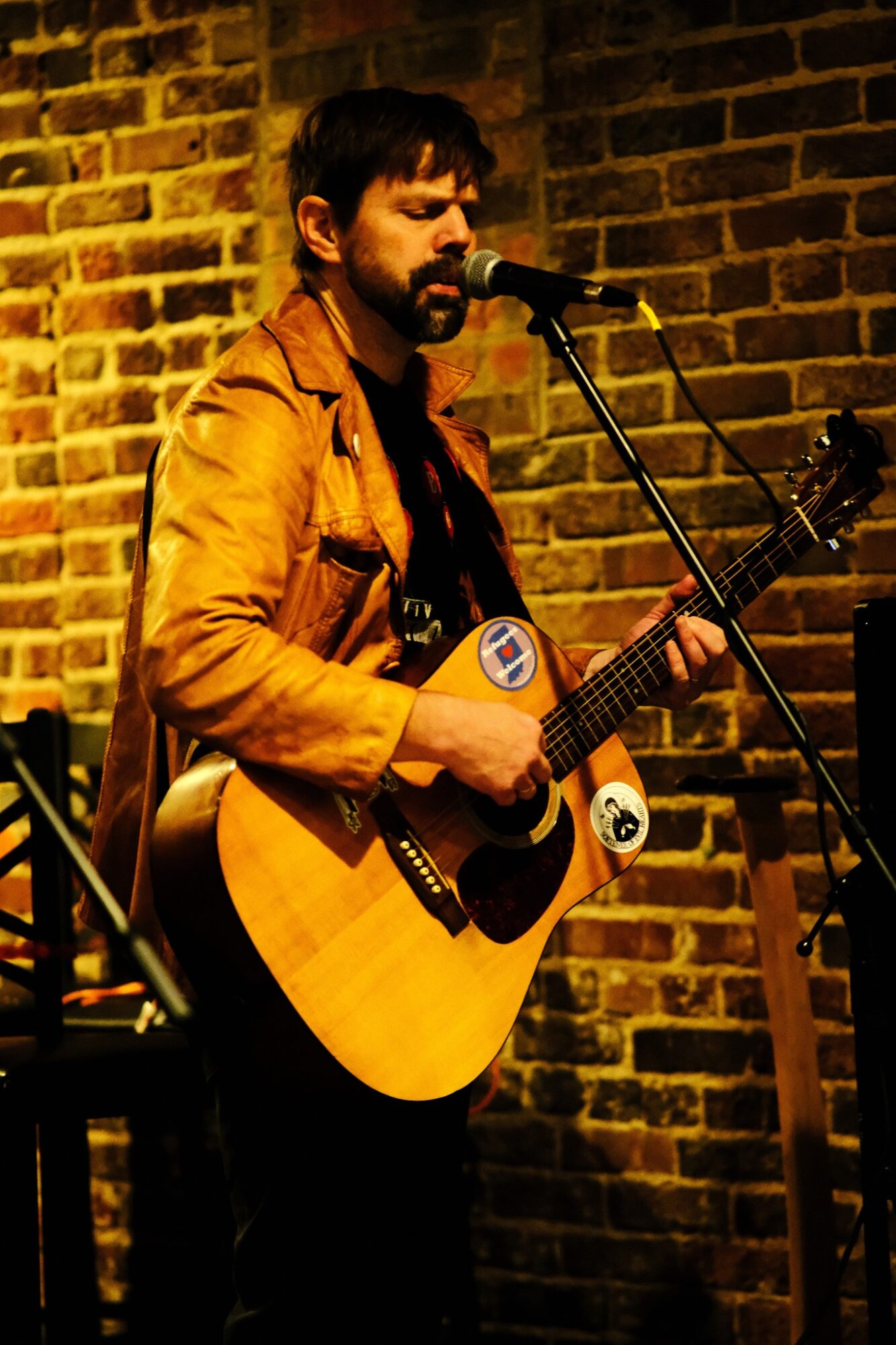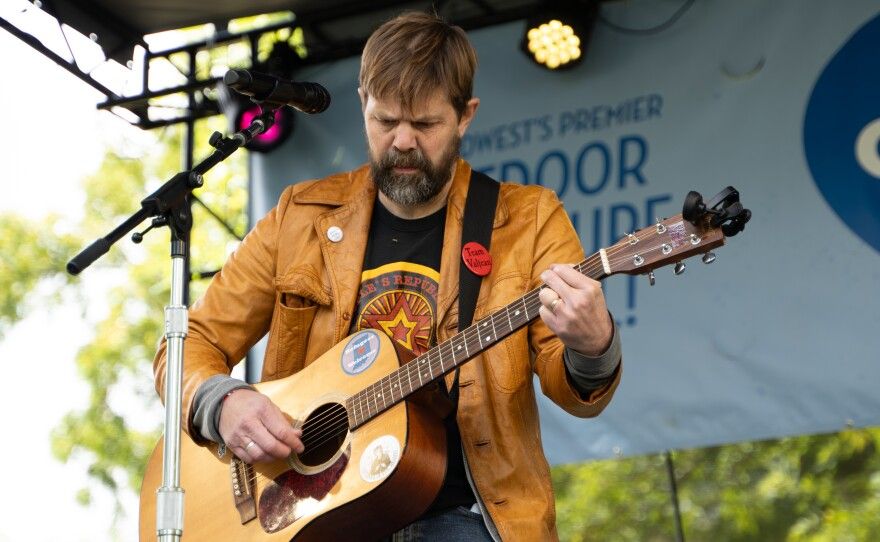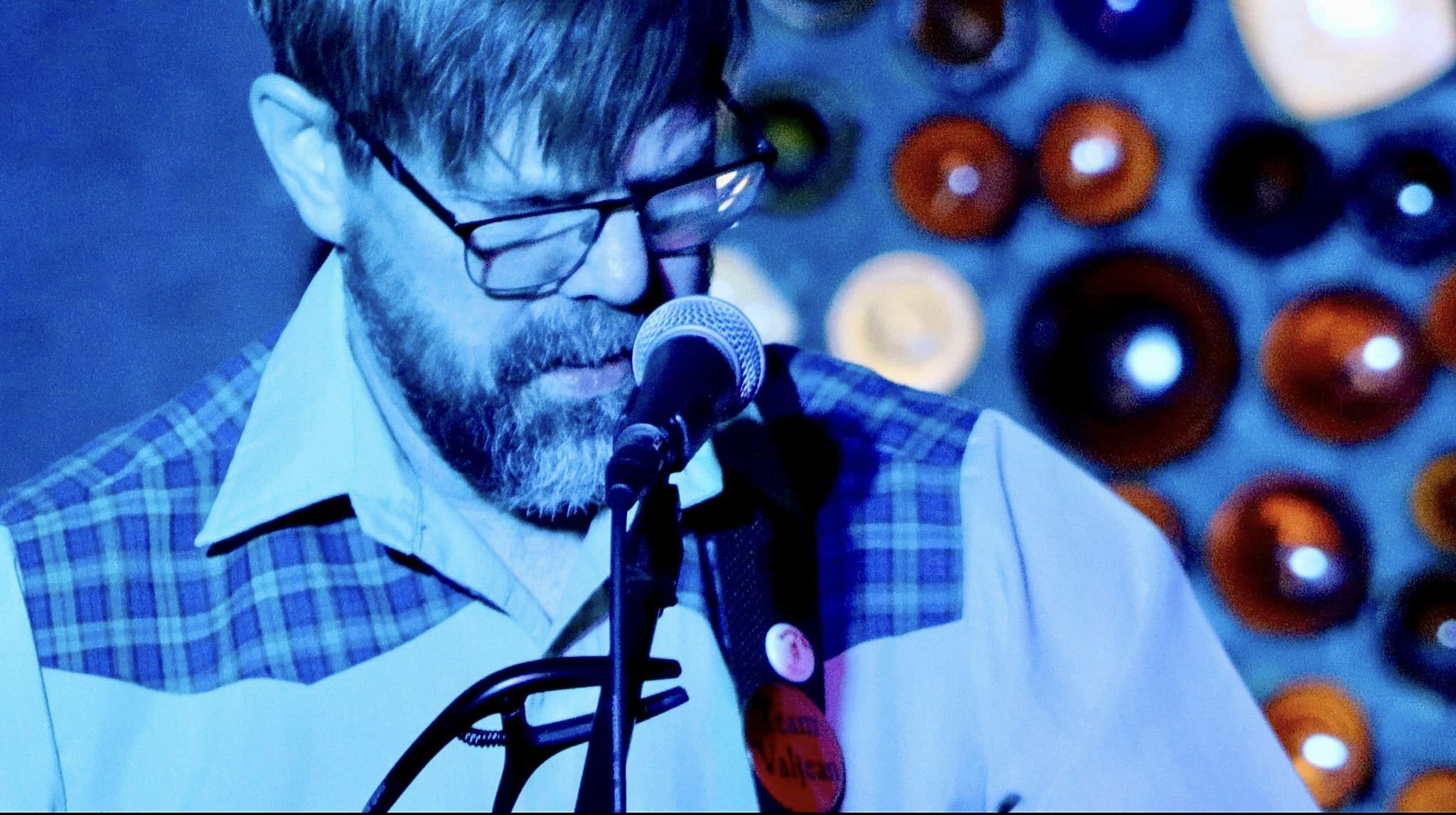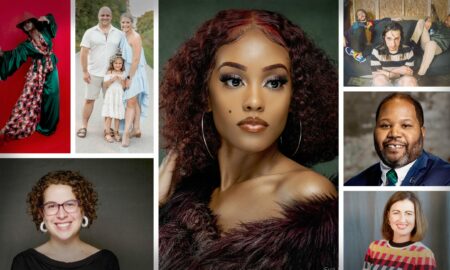

Today we’d like to introduce you to Joel David Weir
Alright, so thank you so much for sharing your story and insight with our readers. To kick things off, can you tell us a bit about how you got started?
Music has been an essential part of my life for as far back as I can remember. My parents always had music playing, I got exposed to the Beatles and Elton John and the music of the 60s and 70s from my older siblings’ 45s. I always knew I wanted to write songs and play music. My dad bought me a $100 Yamaha acoustic guitar before I went to college. I taught myself how to play through tab books and learning from friends. I wrote my first songs and started my first band there. After playing in various bands through my early 20s I started my solo career in the early 2000s and decided to really make a go of it. I played consistently in the midwest for ten years and then began to branch out to other parts of the country, eventually getting a UK following in the past five years thanks to Aldora Britain Records taking interest in my music and releasing a retrospective to that audience followed by a series of new releases.
Alright, so let’s dig a little deeper into the story – has it been an easy path overall and if not, what were the challenges you’ve had to overcome?
My music career has kind of ‘been along for the ride’ for a few seasons in my life, occupying varying degrees of prominence and focus depending on my circumstances. Since I recorded my first song back in 1994 until today, I look back and realize I never really stopped making music, but there were times where it took a back seat. Over the past thirty years I got married, became a father of two children, and now grandfather of two, worked as a rural letter carrier, moved to Pennsylvania to attend seminary, became an ordained minister, been involved in disaster relief charity work, and been able to travel to places like South Africa and Scotland. There were times where I struggled to make music in the midst of all of the life events, but I always see those times as informative of songs that would come later, when I had a chance to process. I process most things through song. One of my biggest struggles as a songwriter was the year following my brother’s death. I knew I needed to process grief, and I knew that I needed to process through songwriting, but nothing came for a year. The thing about music is that it always eventually shows up. Its something that I owe so much to because it has not let me down, and has saved me many times in my life.
Can you tell our readers more about what you do and what you think sets you apart from others?
Well.. I tell people I write songs and play music because I have to. It doesn’t feel like a choice to me. I also really love the quote from a Wilco song “what good is a song if it doesn’t help?” I keep that as a mantra when I write, record or perform. I want my songs to reach people and hopefully offer some kind of consolation, help, allyship, or just a moment of joy. In my imagination I always fancied myself as being in an edgy, provocative art-rock band like Talking Heads or a punk rock band like the Clash, but the music, and the people who listen to my music have drawn me towards being a truth-teller, a folk singer, a troubadour in the vein of John Prine, or Woody Guthrie, or Bob Dylan. I think what I specialize in is connection with my audience with songs that draw from influences as diverse as 80s new wave to 90s grunge to alt-country. But underneath it all, the song is always the thing. I’m a Gen X troubadour raised on the Beatles and Elvis who fell in love with the Clash and learned to write and play from Nirvana tab books.
Where do you see things going in the next 5-10 years?
I have no idea how AI is going to change the music industry. I know the last trend, which was just the total shift to digital, with niche markets for vinyl, changed how independent artists like me operate. On one hand I despise the spotify model because, frankly, it pays artists nothing and is based on algorithm which promises more level playing field but is still just payola in the end. On the other hand I love the digital space because I can distribute my music all over the world for very little cost. I treat Spotify, etc. like radio – I want people to hear my songs, but I’ve found I need to do things like offer unique experiences, i.e. exclusive content, early releases, on more artist friendly sites like bandcamp to make this sustainable. My relationship with Aldora Britain Records has been a pretty amazing thing, and a trend I’d love to see catch on. Its a completely digital platform, but it offers music and a publication in a more old school way. Its much more curated, special, and intentional. The interviews and reviews are in depth. I’ve described it as an old school approach utilizing the technology of now. I’ve been thinking about the next years, and I think I want to lean into live performance, as I wonder if, in the age of AI, if the kind of imperfect, personal, messy encounters are going to become more important. I know I love nothing more than performing for a listening audience. I look forward to more of it.
Contact Info:
- Website: https://joeldavidweir.bandcamp.com/
- Instagram: https://www.instagram.com/joeldavidweir/
- Facebook: https://www.facebook.com/joeldavidweir/
- Youtube: https://www.youtube.com/@jw77able/
- Soundcloud: https://soundcloud.com/scoutknife
- Other: https://linktr.ee/joeldavidweir













